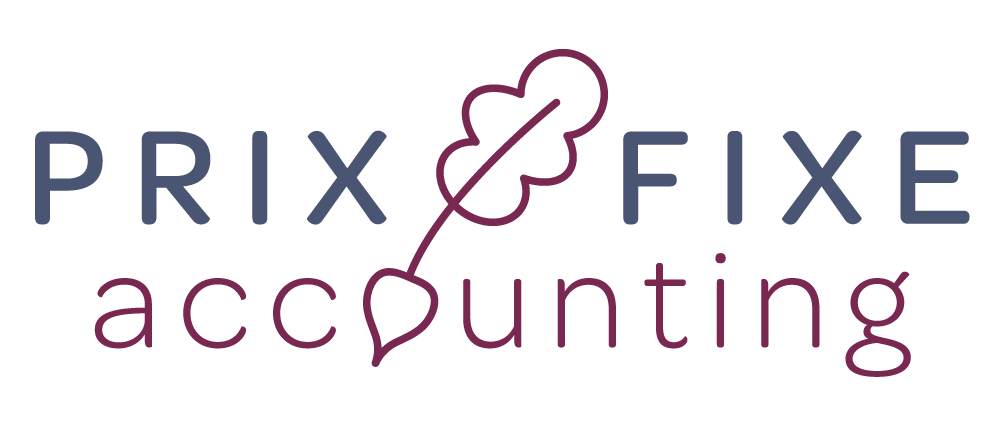Running a restaurant is no easy feat, especially now that we're dealing with the aftereffects of the Covid-19 pandemic. Gruelling hours, keeping customers happy, and managing your staff can be challenging to handle all at once. However, one part of running a restaurant can be especially tough: finances and accounting.
Without proper restaurant accounting, it's virtually impossible to control your finances and keep your restaurant afloat. From recording transactions to creating detailed financial reports, restaurant accounting must be done well to ensure successful financial performance and profitability.
If you're a restaurant owner and find yourself having trouble with your finances, it might be best to invest in a restaurant accountant. Continue reading to learn all the duties that they can perform for your business.
The Role of a Restaurant Accountant
Although restaurant bookkeeping and restaurant accounting often get confused, they differ in terms of tasks and duties. When it comes to the role of a restaurant accountant, there are four main tasks that they perform.
Manage Cash Flow
This is a no-brainer — cash is the lifeblood of your business, especially when you're running a restaurant. Restaurant accountants must know what money is going in and out of the restaurant every day. When there's a positive cash flow, there will be more cash coming into the business than cash going out, so bills and other expenses can be taken care of. On the contrary, a negative cash flow will mean more money is leaving the business than coming in, meaning that bills and expenses won't be covered. Therefore, restaurant accountants have the responsibility of ensuring a positive cash flow at all times.
Calculating Performance Metrics
Understanding the ratios important to your business is critical to your restaurant’s success. Often referred to as "KPI's" or "Key Performance Indicators," these metrics are more than just food cost but include others such as current ratio, prime cost and labor costs. Keeping an eye on these metrics will ensure that the business is healthy and ready for a busy season. Another important, yet often overlooked aspect of these metrics is helping you understand what they mean, and how to improve them.
Prepare Income Statements
Another important duty of restaurant accountants is preparing the income statement. The purpose of an income statement is to show how much profit or loss an organization generates over a certain period of time, which is through earnings, expenses, and inventory. It's crucial to know how the restaurant is performing and whether or not it's profitable. Hence, restaurant accountants have to prepare income statements monthly, quarterly, and annually to keep track of total revenues and expenses for the restaurant.
Prepare Balance Sheets
Like income statements, preparing balance sheets are another important task for restaurant accountants. Balance sheets list a company's assets and liabilities at a specific point in time, including cash balances, accounts receivable, inventory and fixed assets, short and long-term debt, and equity. They reveal the financial status of a business at a specific time. So, restaurant accountants can use the balance sheet to analyze the liquidity and financial leverage of the restaurant.

